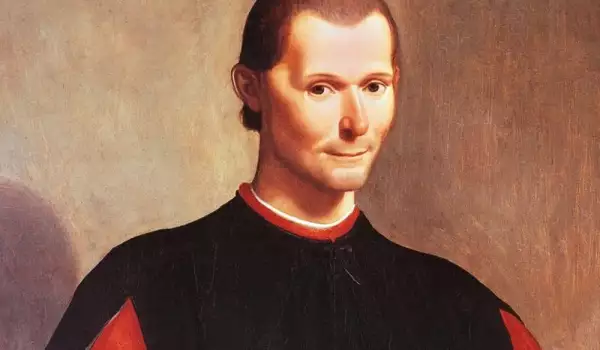Niccolò Machiavelli is a renowned historical figure, remembered over the generations for saying, "If a ruler wants to keep his power, the road to this is the use of force and all kinds of lies and deception."
Machiavelli was a political scientist. Born in Italy in 1469, he is to this day a person whom others from around the world learn from, especially those who have decided to get into politics. Machiavelli was born to a poor family but he quickly stood out as a bright child.
Machiavelli lived during the Renaissance, when Italy was broken up and divided into small city-states. The future legend, born in Florence, gradually made his way up the ladder of political ascension.
When he was 29, Machiavelli began work at the city council of Florence. In a very short time the young man transformed into a prominent diplomat and began traveling throughout Italy and all of Europe. After the Medici regained power, Machiavelli lost his post and was even tortured in prison on accusations of conspiracy.

Later, Machiavelli began living in solitude at San Casciano dei Bagni, where he wrote his books. There he wrote his famous philosophical treatise The Prince, which is considered his best work. He wrote many books but this remained his most emblematic.
In the treatise he wrote the famous sentence saying that it's much better to be feared than loved. To this day, Machiavelli's treatise is treated as a guide for statesmen, who can learn a lot of advice from it.
Machiavelli put his isolation to an end and married, his wife giving birth to 6 children. In 1527, the great philosopher left the world behind.
Among the political figures who highly revered Machiavelli was Mussolini himself. Stalin, Hitler and Napoleon also shared admiration of his works, and as such the works of the Italian political scientist have been described as a handbook for dictators.
















